Setting Goals to Boost Your Professional Growth
In the journey of professional development, setting clear and achievable goals is like charting a course for success. Goal-setting not only provides direction and purpose but also empowers you to take charge of your career trajectory. Whether you are just starting your career or looking to advance in your current role, defining and pursuing goals can lead to significant personal and professional growth. Let’s explore the importance of setting goals to boost your professional growth.
-
 The Power of Goal Setting
The Power of Goal Setting
Goals act as guiding stars that steer you toward your aspirations. They give you a clear vision of what you want to achieve and serve as a motivational force to keep you focused and dedicated. By setting specific and measurable objectives, you can track your progress and celebrate your achievements along the way. Goal setting also helps to enhance your self-discipline and time management skills as you become more intentional about how you invest your efforts and resources.
- Identify Your Aspirations
Before you start setting goals, take time for self-reflection and identify your professional aspirations. Consider the areas where you want to grow, such as advancing to a higher position, improving specific skills, or transitioning to a new field. Understanding your passions and long-term vision will enable you to set meaningful and relevant goals that align with your overall career path.
- Set SMART Goals
The SMART framework is a powerful tool for setting goals that are specific, measurable, achievable, relevant, and time-bound. Let’s break down each component:
- Specific: Clearly define what you want to achieve. Avoid vague objectives and be precise about the outcome you desire.
- Measurable: Establish tangible criteria to measure your progress and success. This enables you to track your achievements and stay motivated.
- Achievable: Set goals that are challenging yet attainable. Consider your current skills, resources, and time constraints when setting the bar.
- Relevant: Ensure that your goals align with your career aspirations and are relevant to your professional growth.
- Time-Bound: Set a deadline for achieving your goals. This adds a sense of urgency and helps you stay focused on your progress.
For example, instead of a broad goal like “improve communication skills,” a SMART goal would be “attend a public speaking workshop and deliver a presentation to a team within three months.”
- Break Down Goals into Milestones
Large goals can feel overwhelming, but breaking them down into smaller milestones makes them more manageable. Divide your main goal into smaller, achievable tasks or steps. This approach not only gives you a clear roadmap but also allows you to track your progress and celebrate small wins along the way.
- Seek Feedback and Support
Don’t be afraid to seek feedback and support from mentors, colleagues, or professionals in your field. Share your goals with them, and ask for their insights and guidance. Constructive feedback can provide valuable perspectives and help you refine your approach to achieve your goals more effectively.
- Embrace a Growth Mindset
A growth mindset is crucial for professional growth. Embrace the belief that your abilities can be developed through dedication and hard work. Emphasize learning from challenges and setbacks, as they are opportunities for growth and improvement. With a growth mindset, you’ll be more resilient, adaptable, and open to new opportunities that come your way.
- Stay Accountable and Stay on Track
Hold yourself accountable for the goals you set. Regularly review your progress, celebrate achievements, and adjust your strategies as needed. Keep a journal or use a productivity app to track your efforts and monitor your accomplishments. Sharing your goals with a trusted colleague or mentor can also add an external layer of accountability.
- Celebrate Your Achievements
As you reach each milestone and accomplish your goals, take time to celebrate your achievements. Recognize the hard work and dedication you put into your professional growth. Celebrating success not only boosts your confidence but also motivates you to tackle new challenges with enthusiasm.
Setting goals is an empowering process that sets the stage for your professional growth and development. By identifying your aspirations, creating SMART goals, breaking them down into achievable milestones, and staying accountable, you’ll be well on your way to achieving success and fulfillment in your career. Set your goals, take the leap, and embark on a transformative journey of professional growth and fulfillment!










